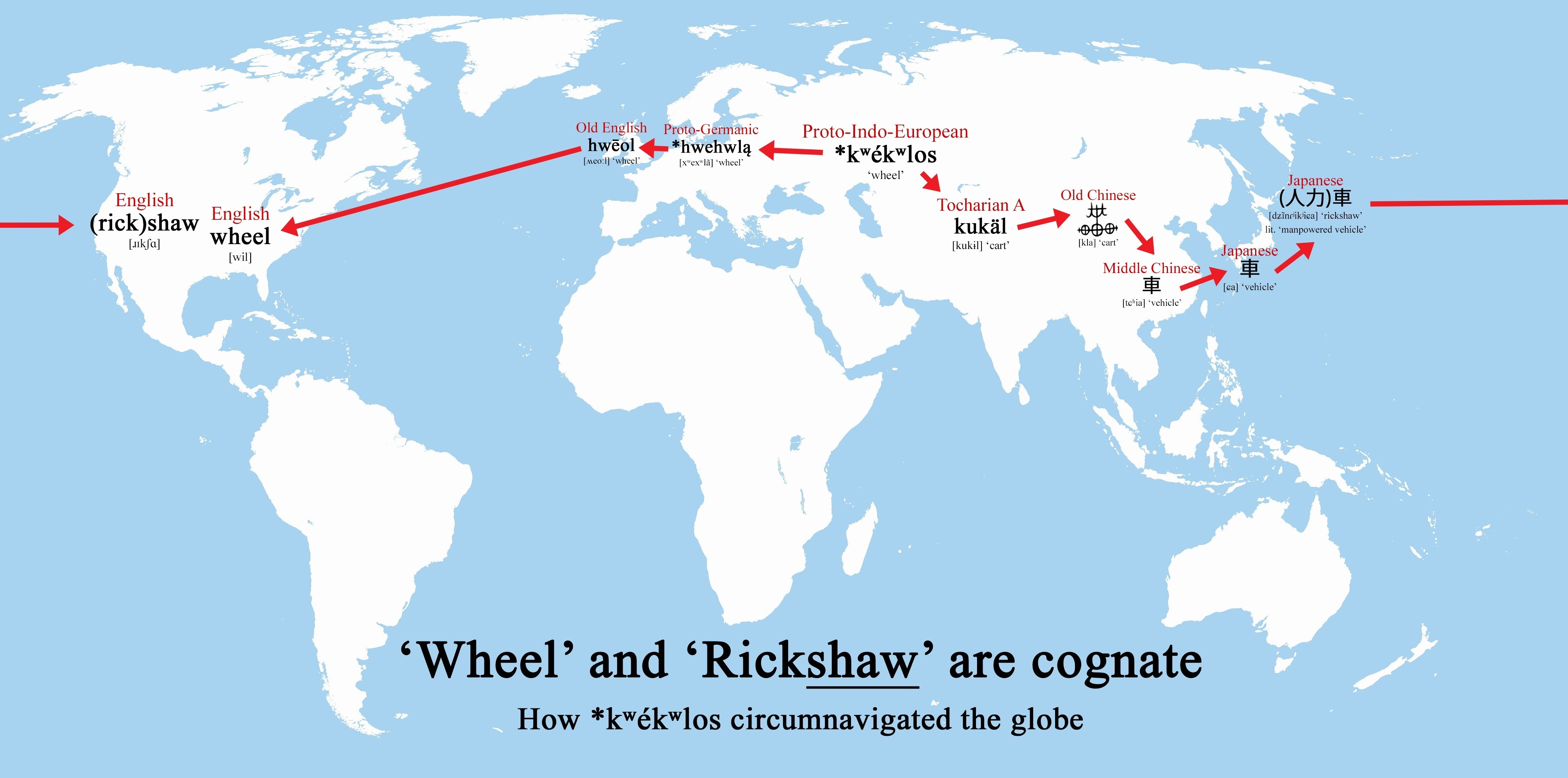77
1
78
1
80
1
83
1
Sloshed, plastered and gazeboed: why Britons have 546 words for drunkenness
(www.theguardian.com)
84
1
95
1
96
1
Linguistics
1132 readers
8 users here now
Welcome to the community about the science of human Language!
Everyone is welcome here: from laypeople to professionals, Historical linguists to discourse analysts, structuralists to generativists.
Rules:
- Instance rules apply.
- Be reasonable, constructive, and conductive to discussion.
- Stay on-topic, specially for more divisive subjects. And avoid unnecessary mentioning topics and individuals prone to derail the discussion.
- Post sources when reasonable to do so. And when sharing links to paywalled content, provide either a short summary of the content or a freely accessible archive link.
- Avoid crack theories and pseudoscientific claims.
- Have fun!
Related communities:
- [email protected]
- [email protected]
- [email protected]
- [email protected]
- [email protected]
- [email protected]
founded 1 year ago
MODERATORS

